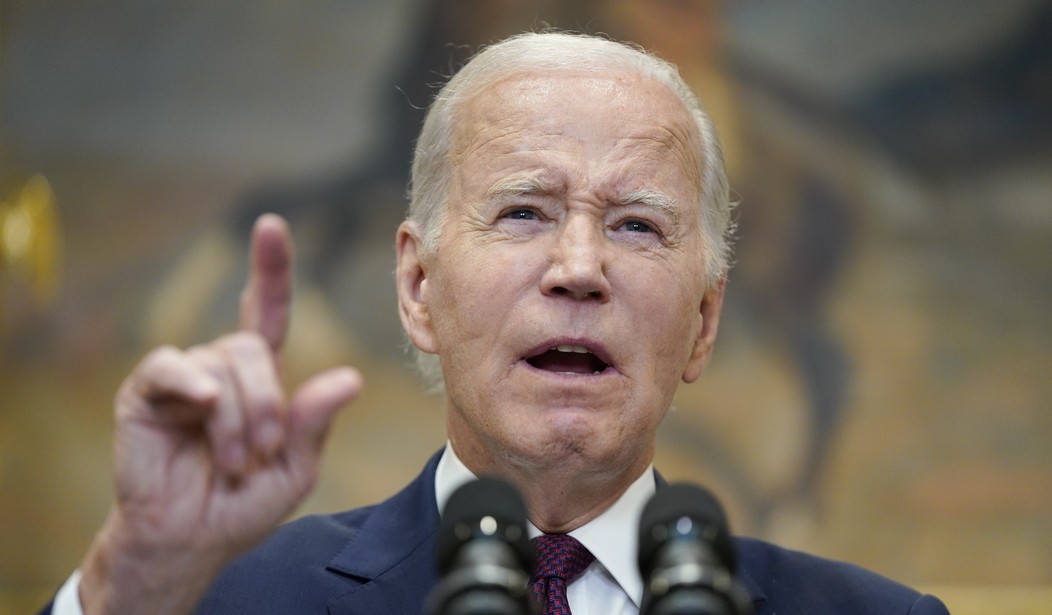Just like the effects of a massive earthquake that leaves a great fissure in its wake, there is a growing chasm amongst not only the states that make up our nation, but also within the hearts of their inhabitants as well. Though the extent and the length of the fissure is yet to be determined, there is growing concern that the convulsions may increase in intensity as opposed to dissipating.
In a story published this past week, AP News reported on a migration trend in America where those with conservative leanings are moving to so-called red states and those who tend to be more liberal are moving to the so-called blue states. Obviously, politics alone is not the driving force behind the separation and may not even be the typical rationale. There is certainly a myriad of other causations that figure into the equation such as family, lifestyle, freedom to work from home, and geography. Nevertheless, hot button issues such as abortion, transgenderism, homosexual concerns, education, freedom of speech, and freedom of religion, seem to be amongst some of the present motivations for migration.
The subject of states’ rights and how the states relate to each other and to the federal government has always been one of the cornerstone vexations facing our nation. From the Articles of Confederation to the Bill of Rights, the issue of the sovereignty of the states within the framework of national cohesion reared its head and threatened to destroy the fine balance that gave rise to our form of government. Certainly, the troubling plague of slavery was the driving force behind the great Civil War in our nation, but the concept of states’ rights to govern themselves within their own borders was a concurrent thorn in the side of the continued union of our states.
Now, apparently the mobility of our citizenry is allowing for more homogenous separation, at least in regard to cultural viewpoint, at a greater rate than ever before. This in turn is potentially leading to the greatest divide in the history of our nation now looming on the horizon. So, the question becomes is the next American civil war inevitable or is there something that can help stem the tide of these great differences in which we are now mired as a nation.
Recommended
Some have been quick to point out the tenuous relationship of the states to one another within a federalist form of government that now exists in America as the problem. Certainly, this political framework that is fully enshrined in the hearts and minds of our forebearers and within our founding documents allows the states to be somewhat independent of the control of Washington, DC. Yet if there is one thing that may yet save the political stability of our nation, ironically it may well lie in allowing the various states to govern themselves in keeping with the political standing of its inhabitants with limited interference from the federal government. A prime example of this is the recent SCOTUS ruling sending the issue of abortion back to individual states.
Nonetheless, it is this federalist viewpoint that is most under attack from both sides of the political spectrum, but particularly from the radical left. Perhaps, Rob Witwer, a former Republican Colorado state lawmaker, sums this concept up most succinctly as he was quoted in the AP News article asking whether federalism is the thing driving Americans apart. His response was indicative of many when he replied, “Does that work as well in a time when we are so politically divided, or does it just become an accelerant for people who want to re-segregate?”
If you doubt the abhorrence of federalism by those on the left, listen to some of the ideas being pushed, which would curtail the rights of individuals to live and breathe in communities that fit their basic belief systems. Consider for a moment the concept of “stacking the court” that is now a battle cry of the left, or the call for elevating both the District of Columbia and Puerto Rico into statehood, thereby tipping the national scales in favor of the more liberal Democrat Party, and finally the eradication of the Electoral College, which is the last vestige of protection for smaller, more rural states from being overwhelmed with the politics of the large cities that tend again to be ruled by the Democrat Party and which also seem to be in a consistent state of mass confusion.
At Southern Evangelical Seminary, we believe that the great divide in America is ultimately caused solely because of the erasure of the God-line that once held us together as a people. If any government, be it state of federal, seeks to remove God from its standards, it does not deserve to govern. Such, unfortunately, is the state of the union of our nation at the present. Obviously, there are those who strongly disagree with our fundamental stand concerning the need for a God given common morality. The reality is that if our federal government seeks to impose one or the other of these paradigms on the entire populace, therein will lie the birth of revolution. On the other hand, segregation itself is inevitable given the wide disparity of beliefs—it just should not be based on arbitrary factors like the color of one’s skin. Perhaps civil war is inevitable in America; only time will tell. But until, and unless, the God-line of morality is restored in our nation, one thing is certain—America as we now know it will cease to exist.
After a distinguished career as both a lawyer and a judge, Judge Phil Ginn retired as the Senior Resident Superior Court Judge for the 24th Judicial District in North Carolina. Over the course of his 22-year judicial career, he was privileged to hold court in almost 50% of the county seats in North Carolina. Currently, Judge Ginn serves as the president of Southern Evangelical Seminary.

























Join the conversation as a VIP Member